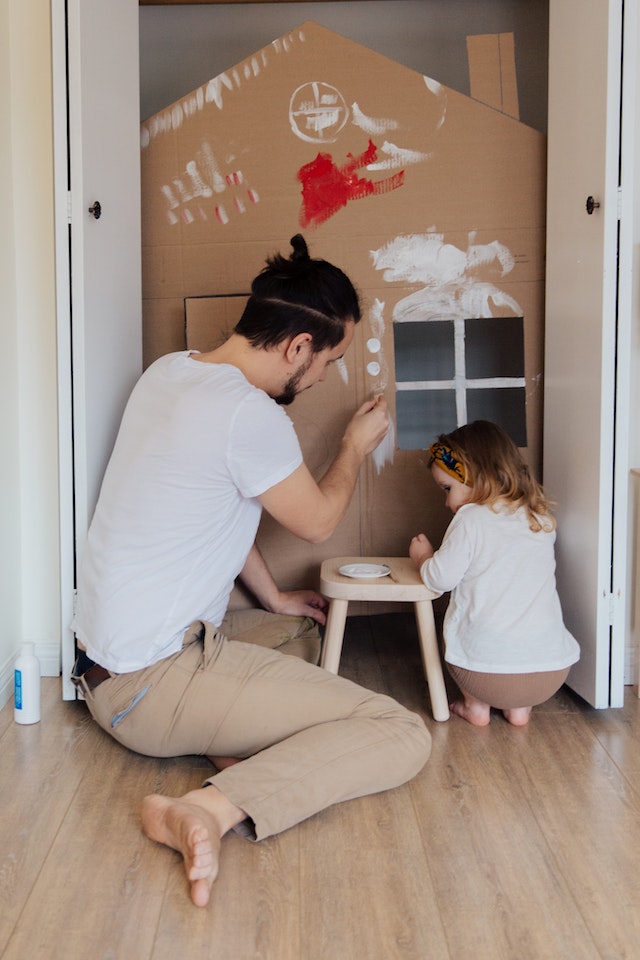Parents of children who are on tube feeds play a crucial role in their child’s healthcare management.
As a teaching tool, parents can help healthcare professionals understand their child’s specific needs and preferences, and can also educate other parents on the practical aspects of tube feeding.
When a child requires a tube feed, parents must learn how to administer the feed properly and how to care for the feeding tube.
They must also monitor their child’s nutrition and hydration levels, as well as any potential complications such as infection or tube dislodgement.
This level of responsibility can be overwhelming for parents, but it can also be a valuable teaching opportunity.
Parents who become knowledgeable about their child’s tube feed can serve as a resource for other parents who are also caring for children with tube feeds.
This can include sharing practical tips for managing tube feeding in everyday life, as well as providing emotional support to other parents who may be feeling overwhelmed.
Additionally, parents of children on tube feeds can also serve as advocates for their child’s needs within the healthcare system.
They can work with healthcare providers to ensure their child is receiving the best possible care, and can provide feedback to improve the healthcare system’s understanding of tube feeding.
Furthermore, parents can use their experience with tube feeding to raise awareness about the challenges faced by families of children on tube feeds.
This can help to reduce the stigma associated with tube feeding and provide support to families who may be feeling isolated or misunderstood.
In conclusion,
Parents of children on tube feeds can serve as valuable teaching tools for healthcare providers and other parents.
By becoming knowledgeable about their child’s specific needs and experiences, parents can share practical tips, provide emotional support, advocate for their child’s needs, and raise awareness about the challenges of tube feeding.
This can ultimately improve the quality of care and support available to families of children with tube feeds.
![]()












